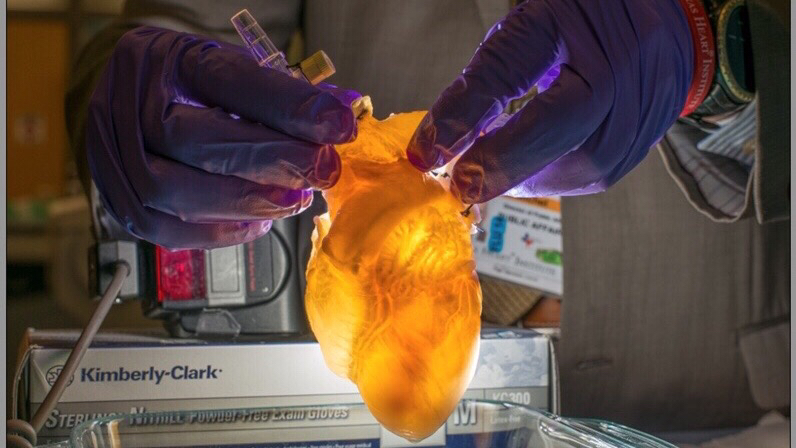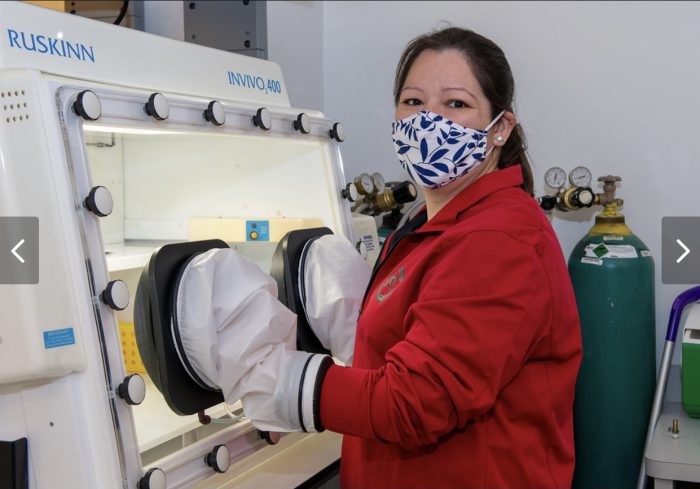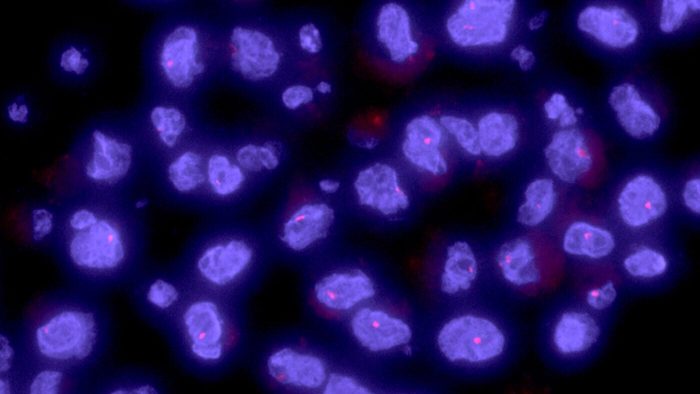Current Projects
The Regenerative Medicine Research team is pursuing multiple avenues to treat the underlying culprit in heart disease – the injured heart itself.

Biorepository & Biospecimen Profiling Core Services
The Texas Heart Institute (THI) Biorepository is a tissue, blood, plasma, serum, nucleic acids, and other biological materials biorepository and research core laboratory dedicated to providing storage, blood fraction, and biomarker profiling services to all investigators and institutions. Our highly trained staff and on-site, full-time Quality & Compliance Specialist provide cost-efficient, customizable research support, and laboratory services to meet the needs of investigator-initiated studies, large clinical trials, and industry research using biospecimens.
Learn More
Engineering Bio-Artificial Organs & Tissues
The OR3 lab is home of the famed ghost heart, which leverages decelluarization and recellularization technologies. The team continues to further refine tissue-engineering techniques to develop new biotechnologies and molecular tools – like building tissues and whole organs for transplant – with a number of translational studies currently underway. This research also includes novel treatments for pediatric heart disease, which build upon the team’s discoveries that simpler solutions are helping to pave the way to bio-engineered whole organs for in-human transplant.

Defining Mechanisms of Heart Failure
The team is working to define mechanisms that lead or contribute to the development of heart failure, in particular the differences in the development of heart failure with preserved ejection fraction vs. heart failure with reduced ejection fraction. This research includes RMR’s studies on understanding sex differences in cardiovascular diseases and in the potential regenerative medicine therapies that could treat them.
Learn More
Failure of Endogenous Repair & Aging
An increased life span is only worthwhile if the quality of life (health span) is also lengthened. The RMR team believes that aging is ultimately a failure of stem cells, and is focused on basic research studies that dissect endogenous repair processes to better understand how these change as people age. By understanding the mechanics of our body’s natural repair processes – and how these are impacted by heart disease and natural age progression – we can develop strategies that should allow people to live longer, healthier lives.

.svg)


